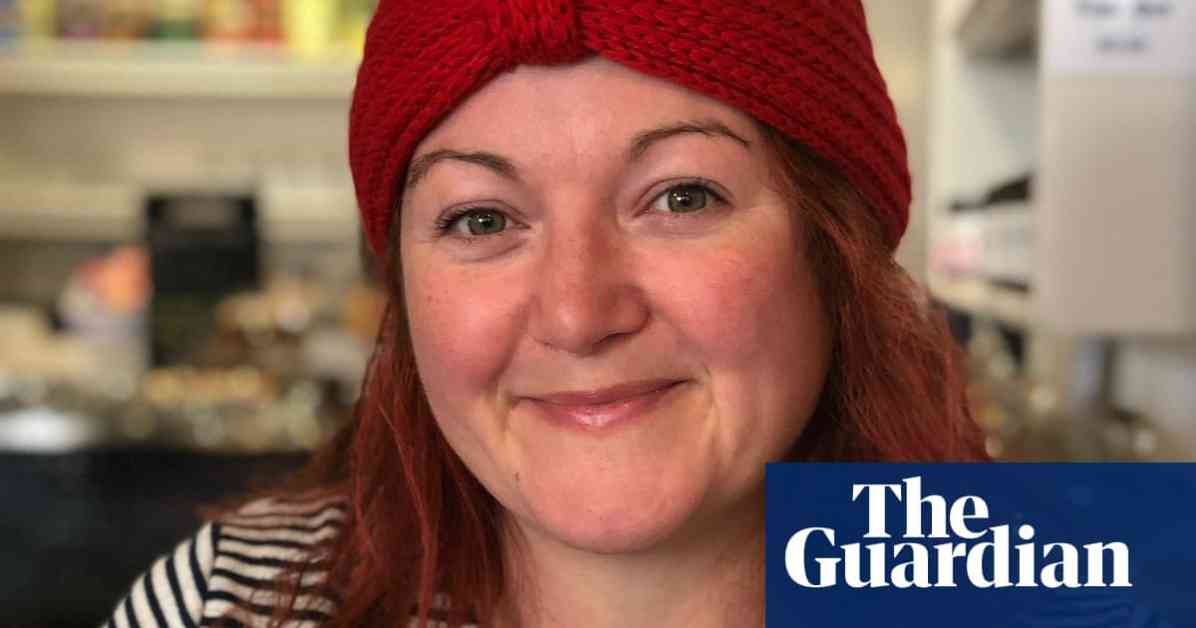In 2018, I made the difficult decision to walk away from my part-time PhD program in creative writing. Despite being thousands of pounds in debt and feeling overwhelmed with depression, I knew it was the right choice for me. As I drove back home through the Yorkshire Wolds, surrounded by the familiar scent of oilseed rape, I felt a sense of liberation. It was as if I had finally shed a suffocating mask that had been holding me back.
Being the first person in my working-class family to attend university, I had always felt the pressure to prove myself. My academic journey had been unconventional, completing my degrees part-time while juggling various jobs. Each degree was a testament to my determination to succeed in the arts, despite my humble beginnings.
Entering the University of Hull for my PhD program was a daunting experience. I struggled with intense impostor syndrome, feeling out of place among students who had never strayed far from the university environment. The challenges I faced, both academically and personally, began to take a toll on my mental health.
One pivotal moment was a conversation with a fellow student who spoke of taking breaks for mental health reasons, something I couldn’t afford to do. The disparity in our circumstances highlighted the stark differences in our lives. I felt the weight of my working-class background and social anxiety bearing down on me, making the academic journey even more arduous.
The financial strain of the PhD program became too much to bear, leading to overwhelming stress and eventually, depression. Despite my initial aspirations to prove myself in academia, I had to confront the reality that the PhD was not a sustainable path for me. The decision to leave was met with a mix of relief and self-doubt, questioning my worth and capabilities.
Through this experience, I came to realize the importance of embracing my authentic self, including my working-class roots. I had internalized a belief that success meant conforming to a middle-class ideal, constantly striving for improvement. However, I learned to value my heritage and identity, recognizing that my background is an integral part of who I am.
While the arts world may still be dominated by the middle class, I have found strength in staying true to myself. I no longer feel the need to change my accent or hide my background to fit in. My journey may have taken an unexpected turn, but it has led me to a place of self-acceptance and empowerment.
My book, “The Ghost Lake” by Wendy Pratt, reflects this journey of self-discovery and resilience. It is a testament to the challenges I faced and the lessons I learned along the way. To order a copy and support my work, you can visit guardianbookshop.com. Your support is greatly appreciated.

